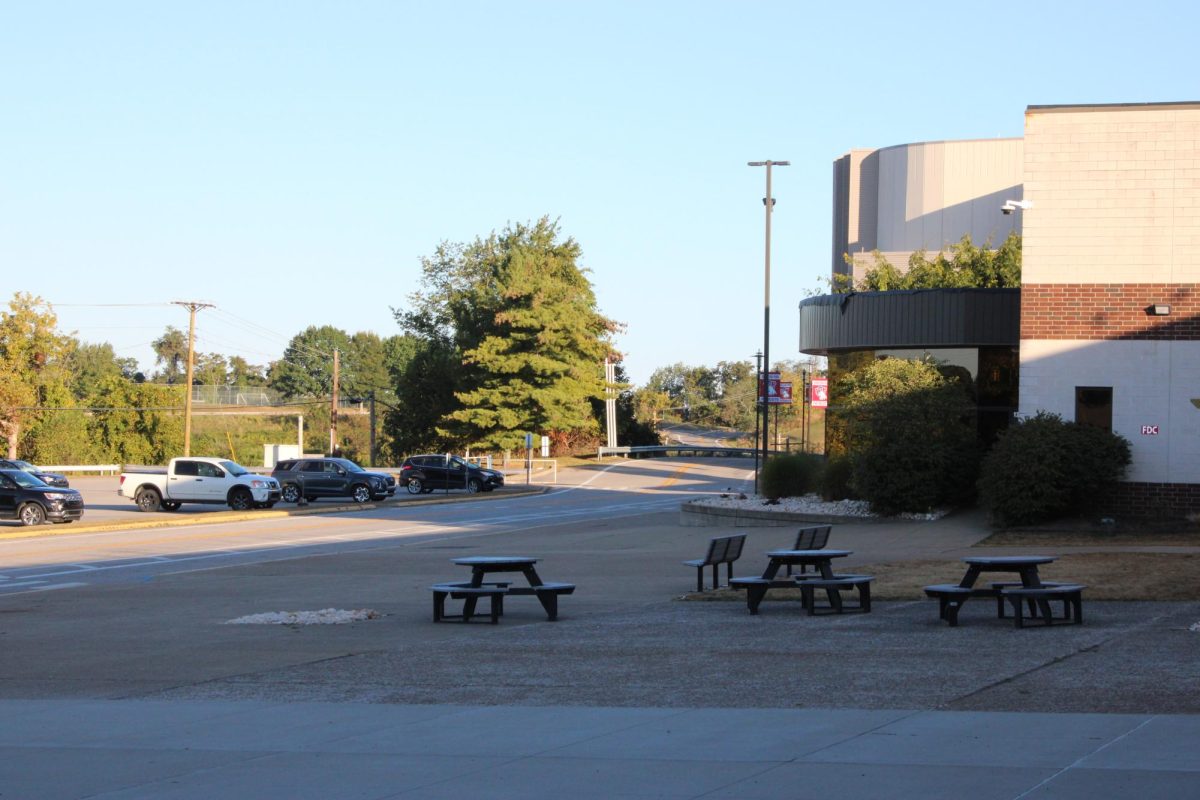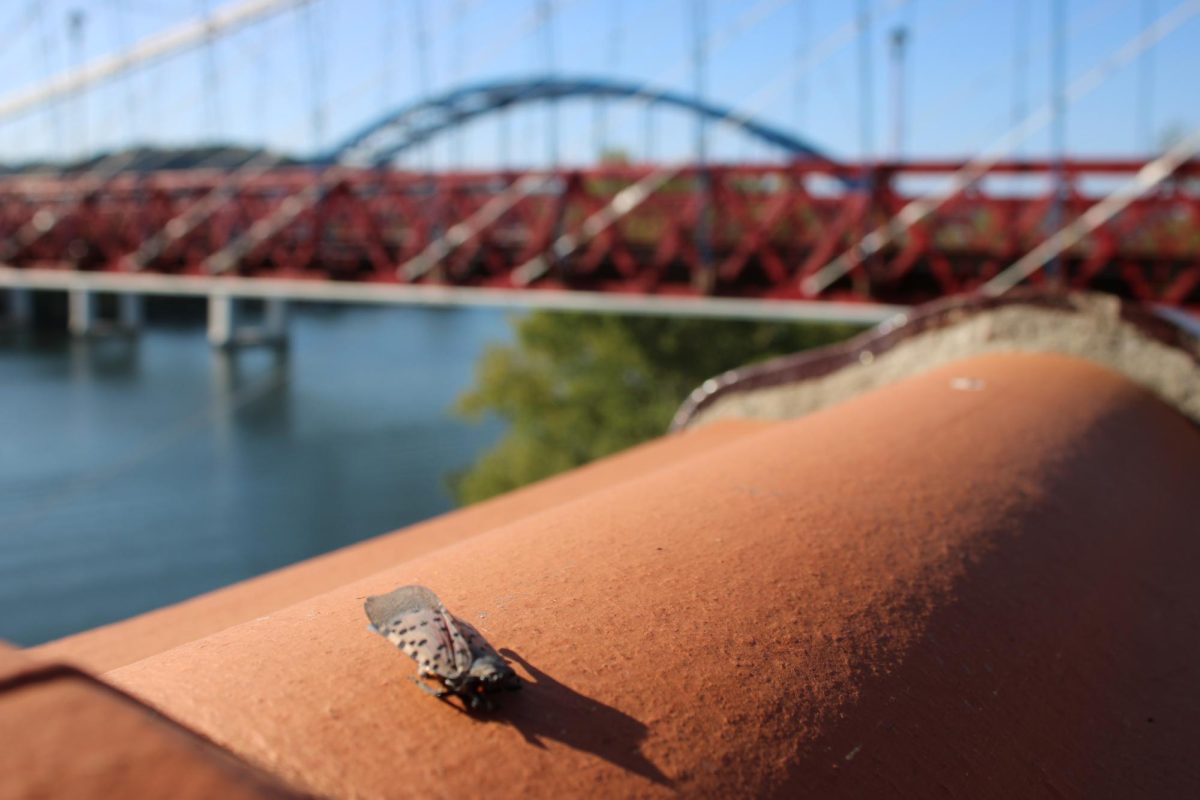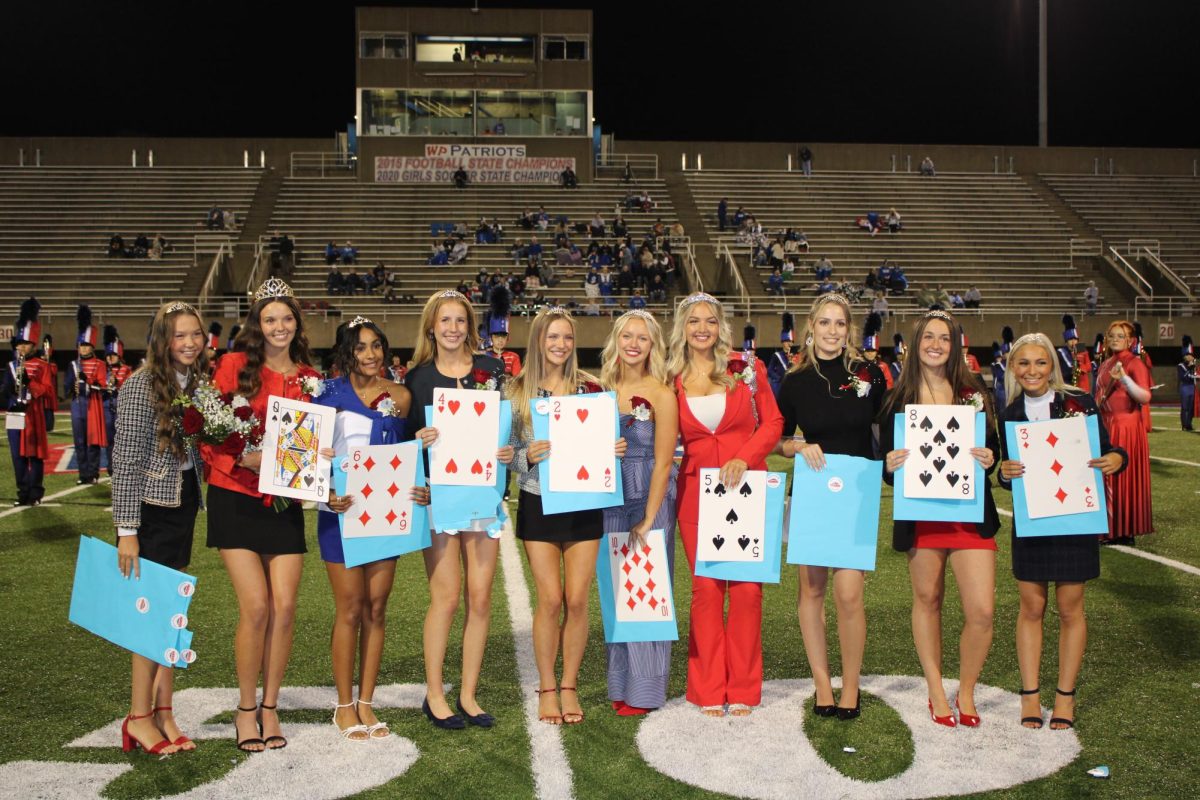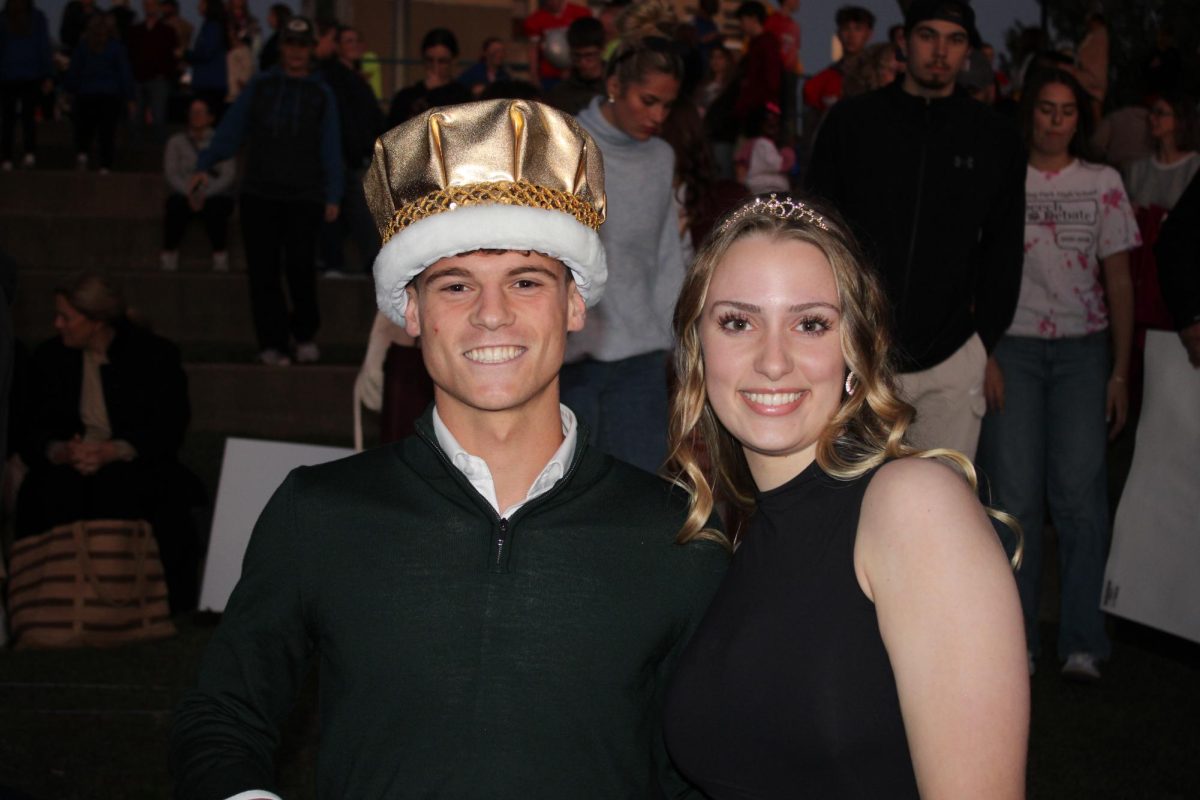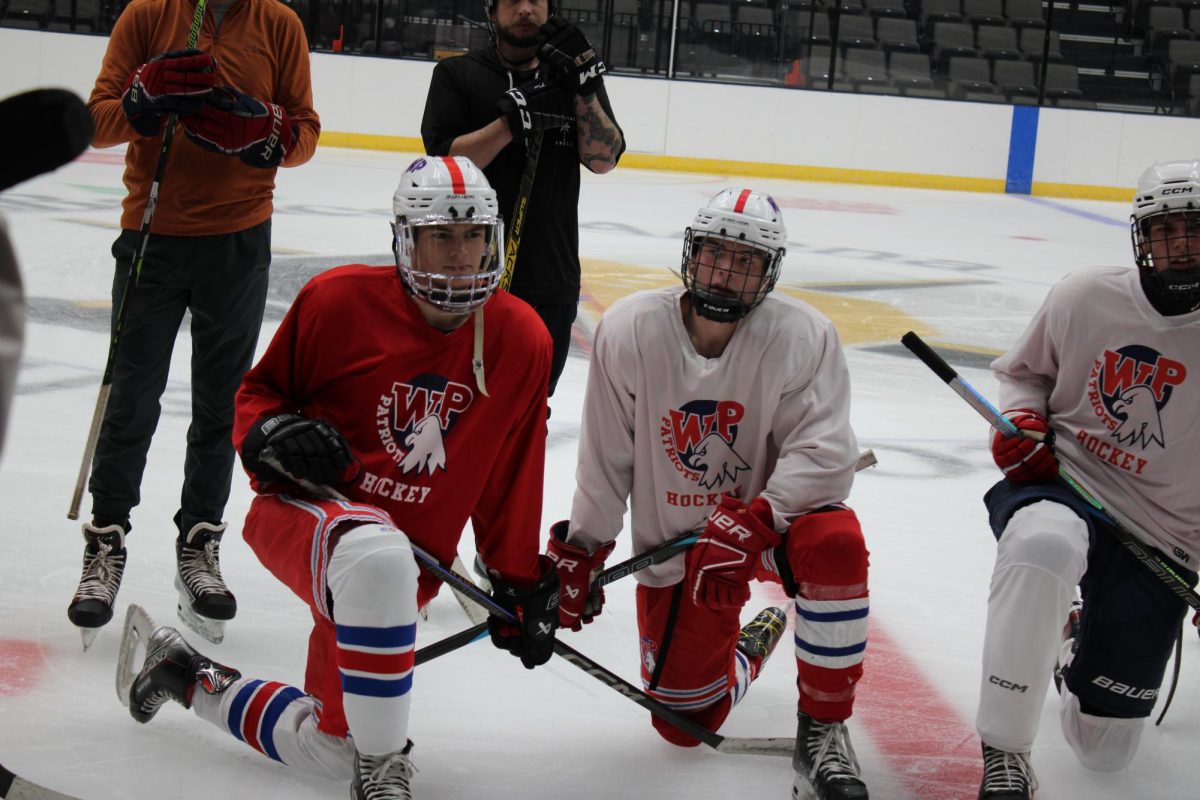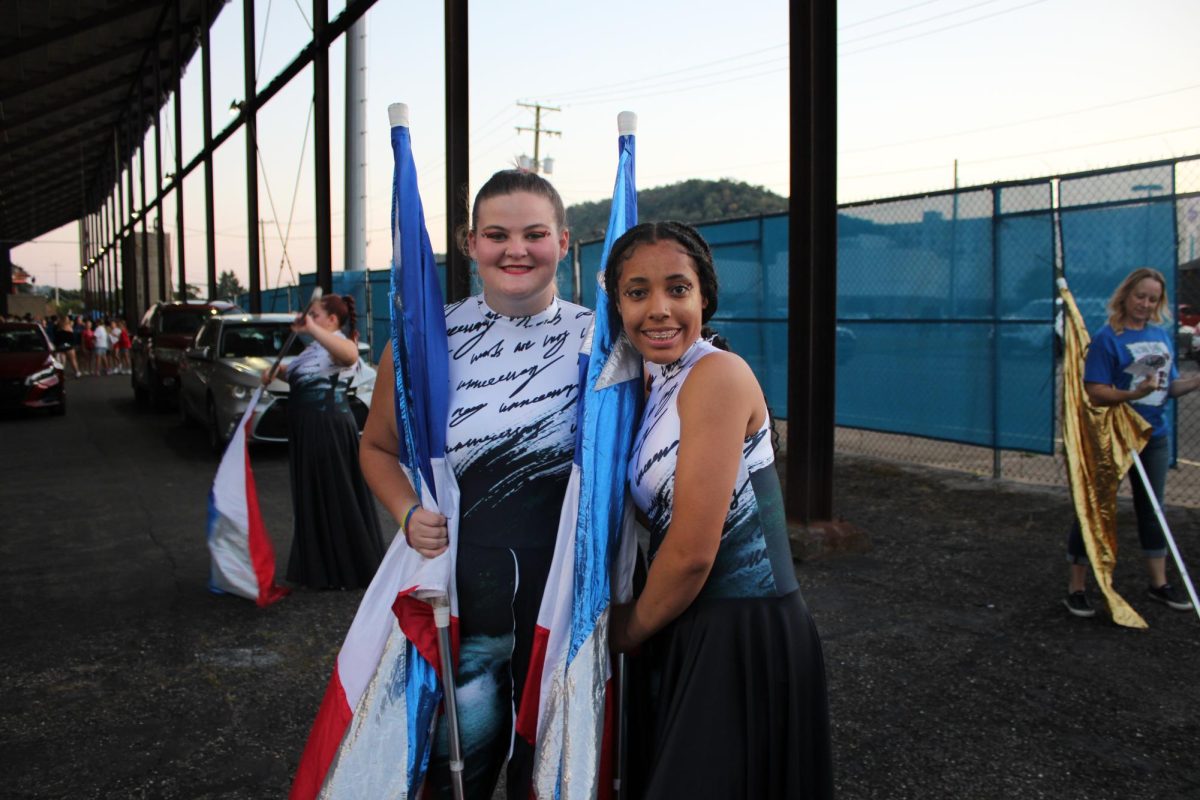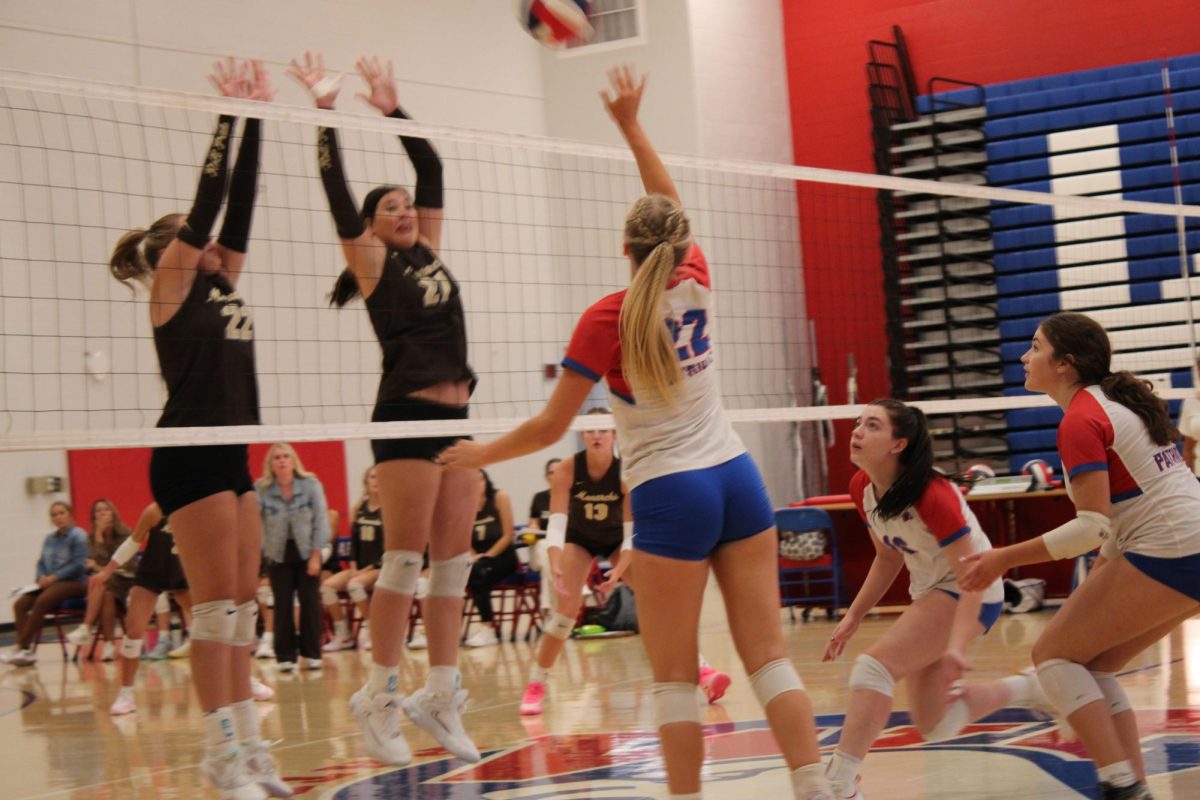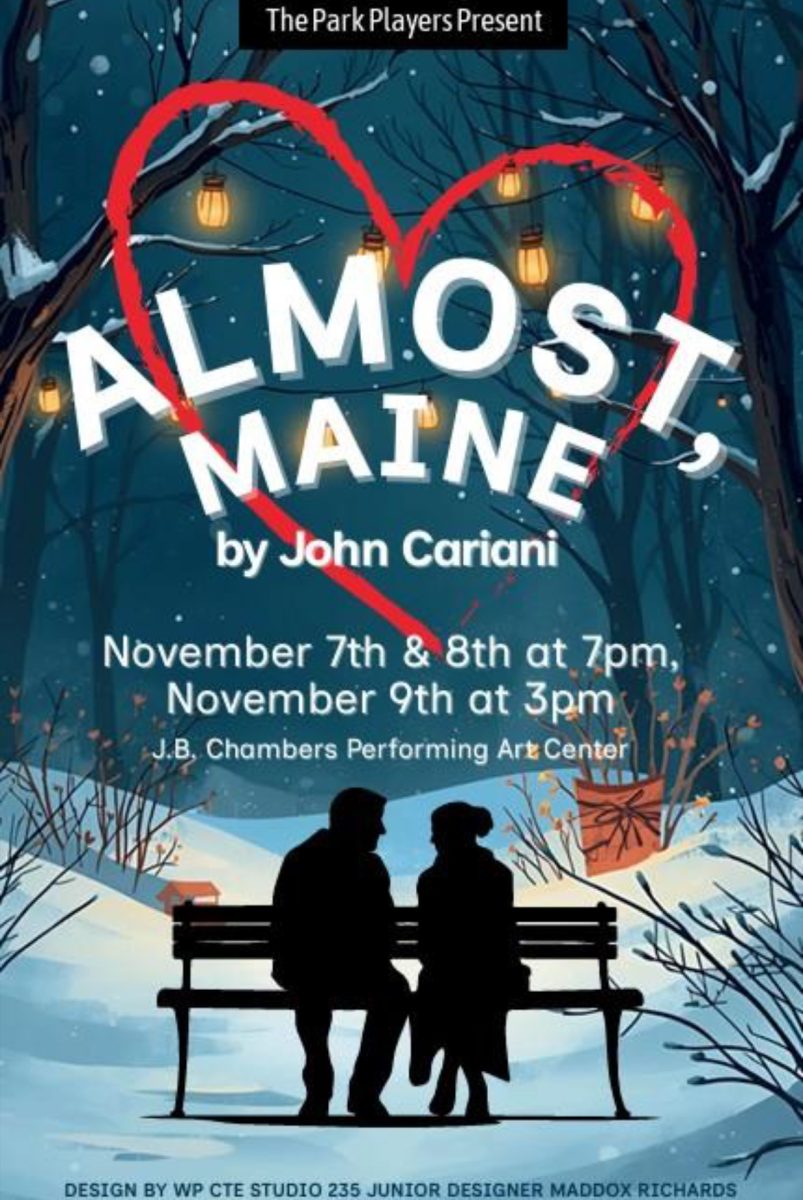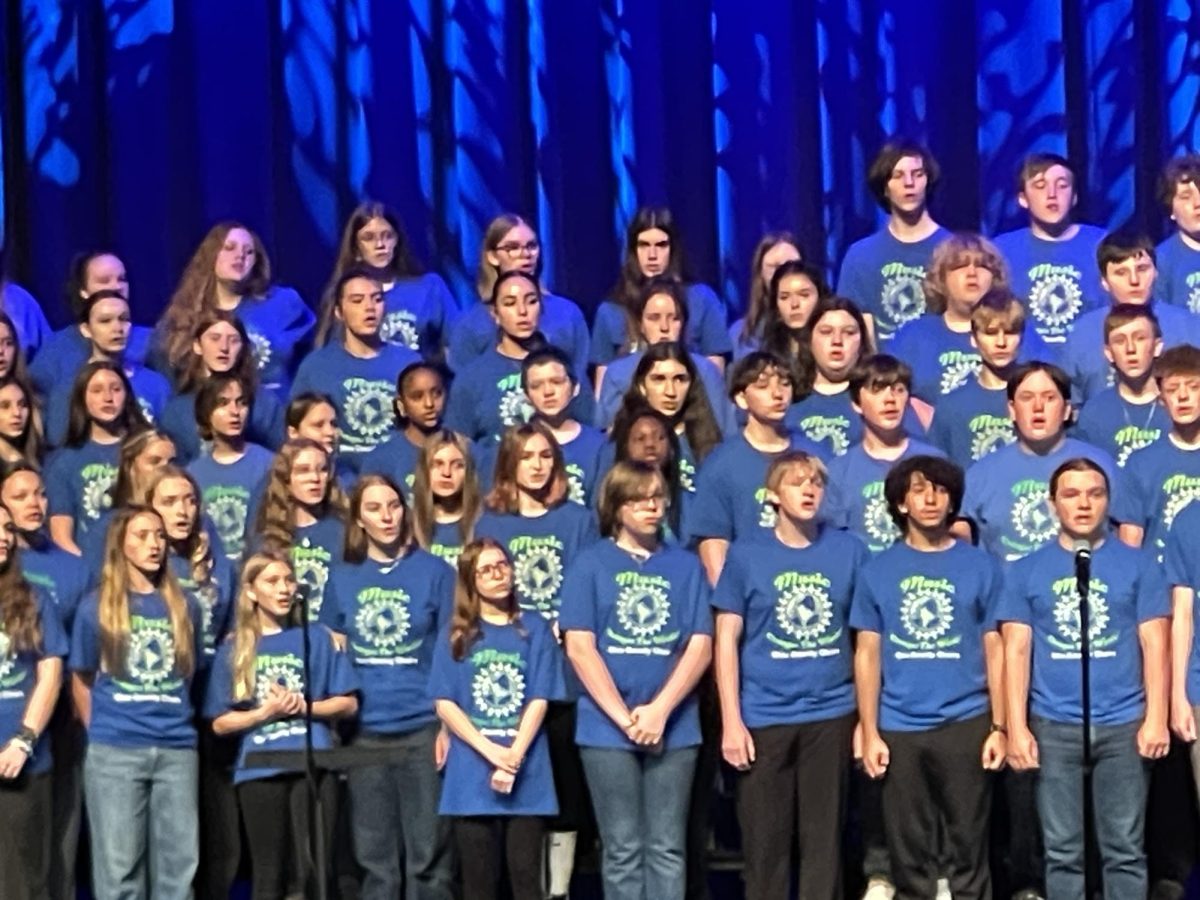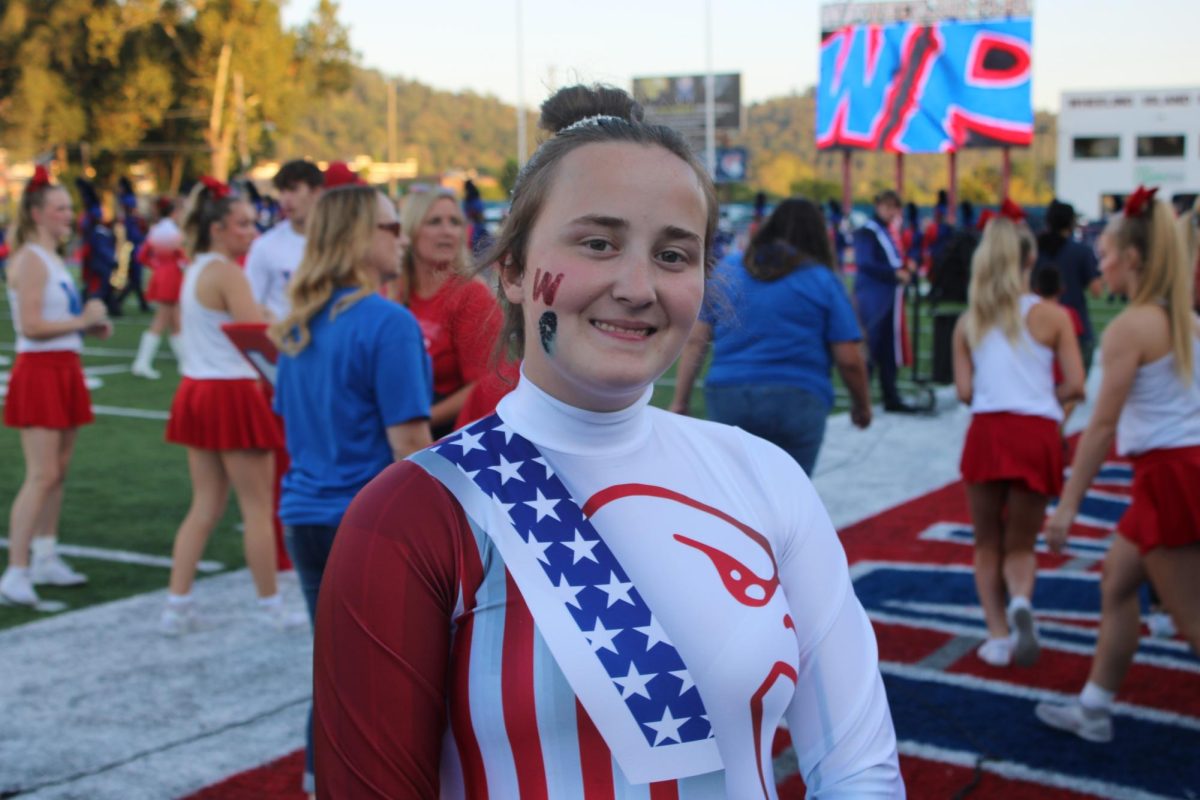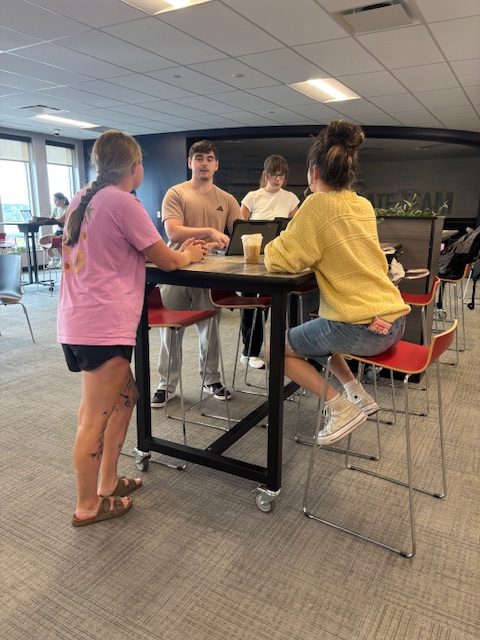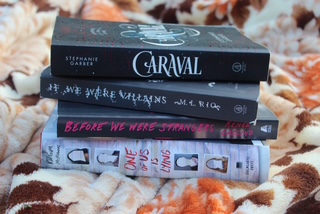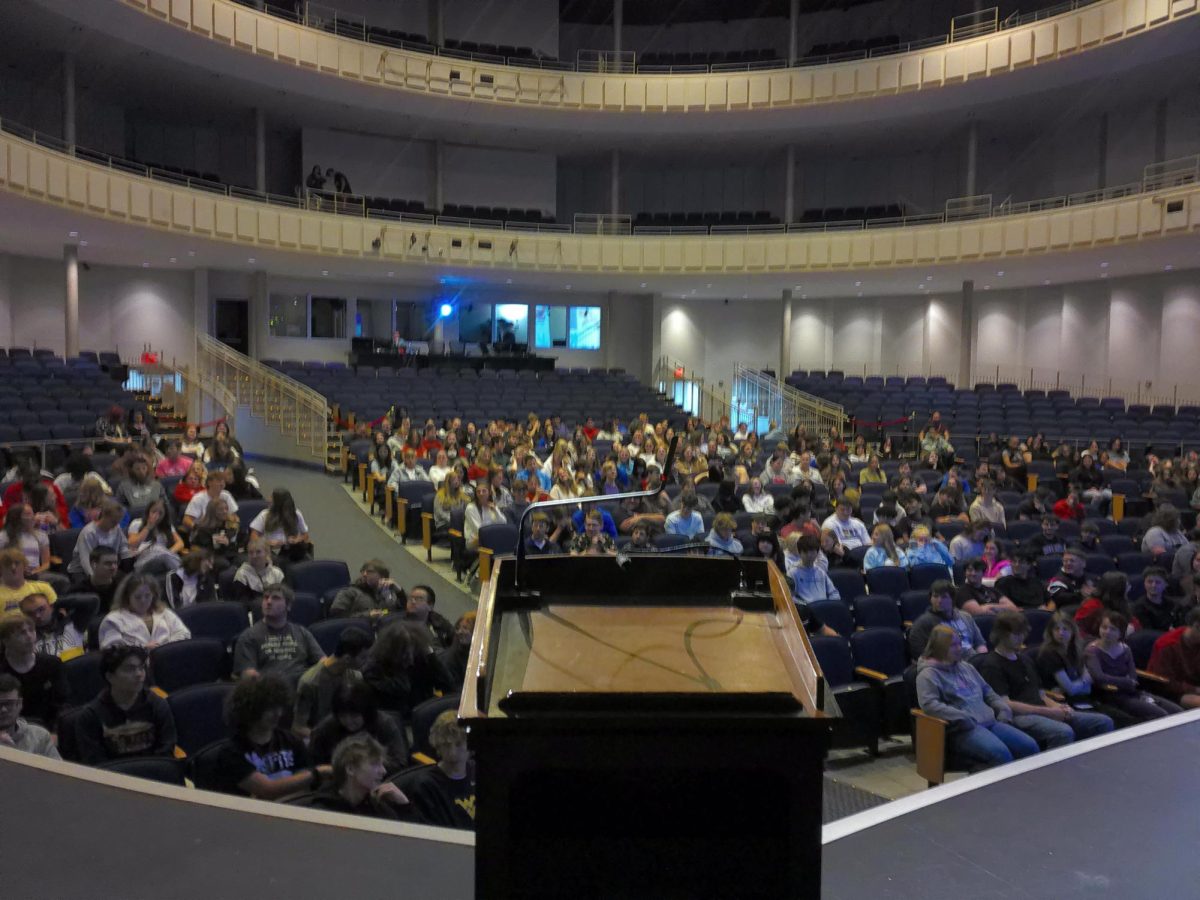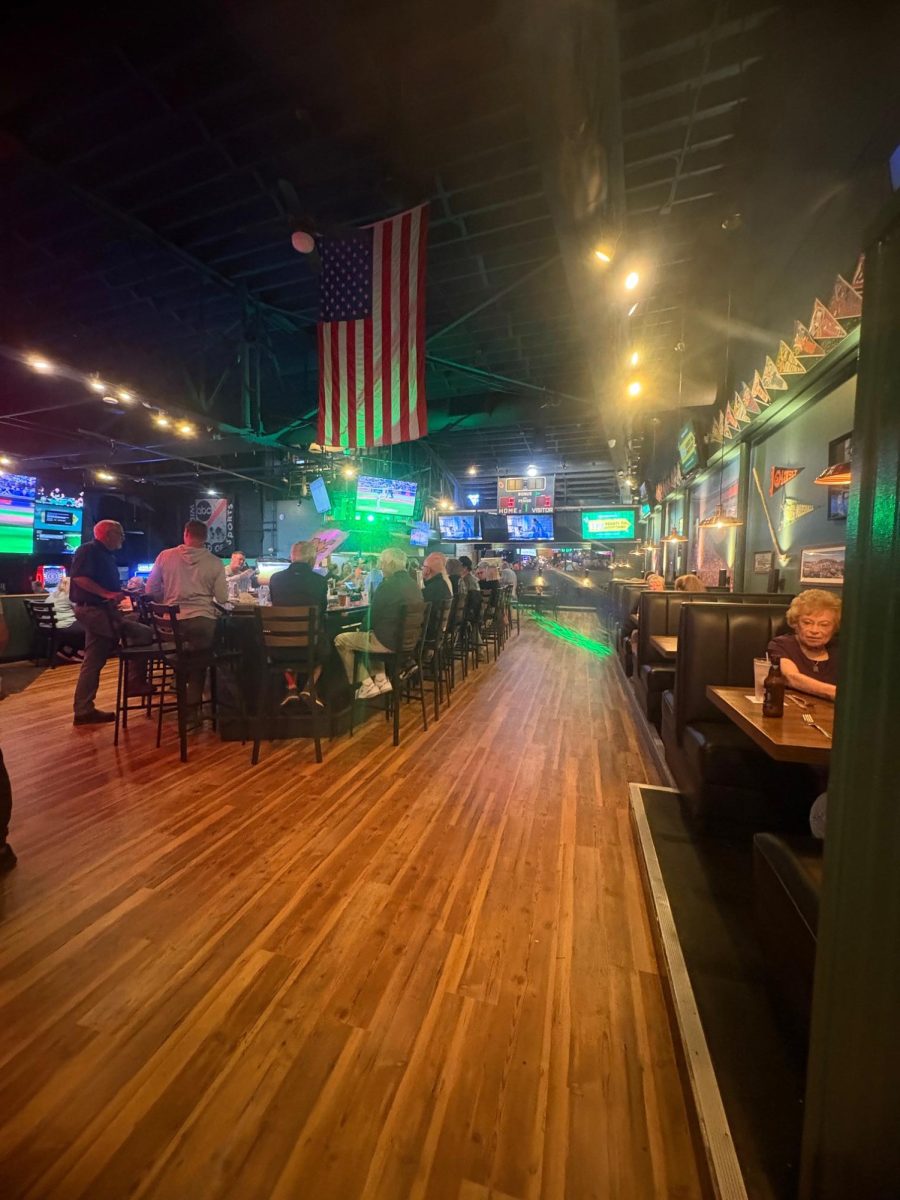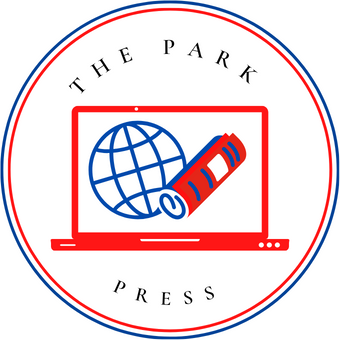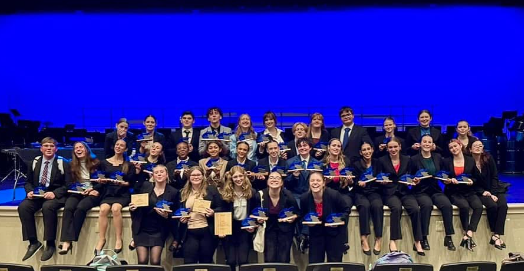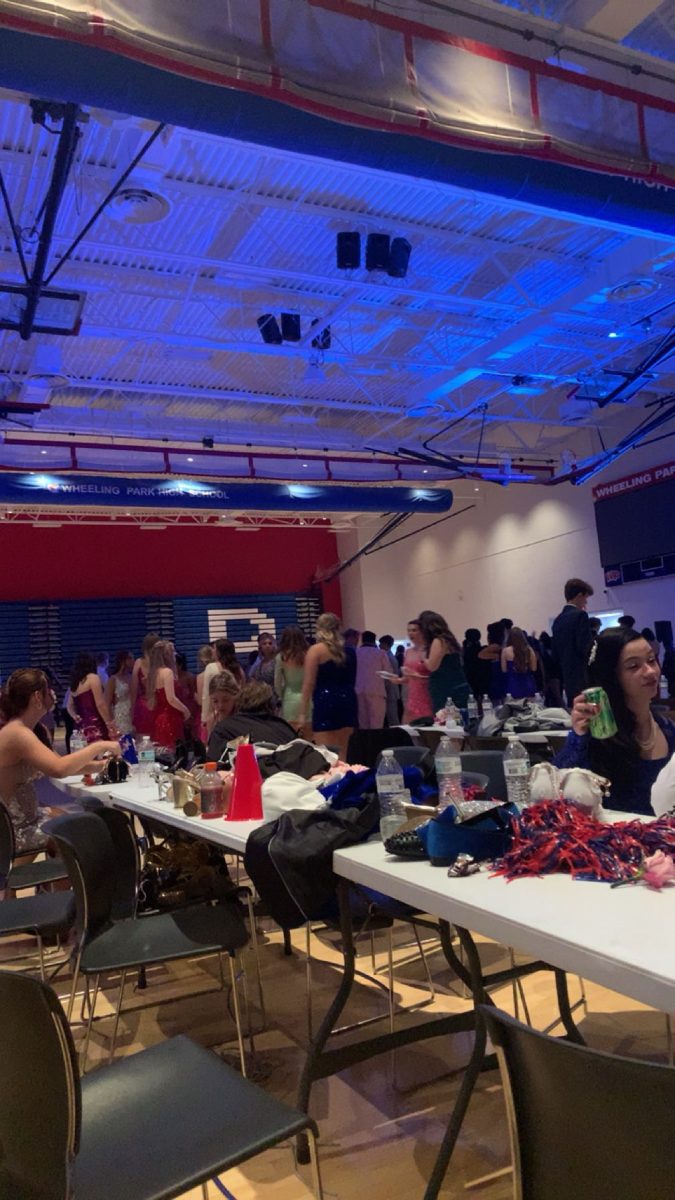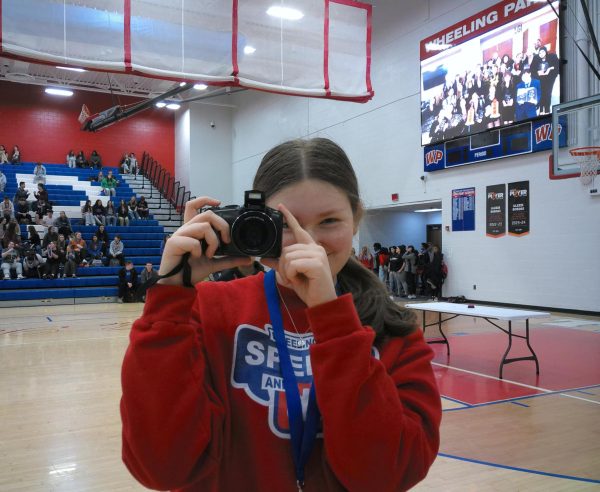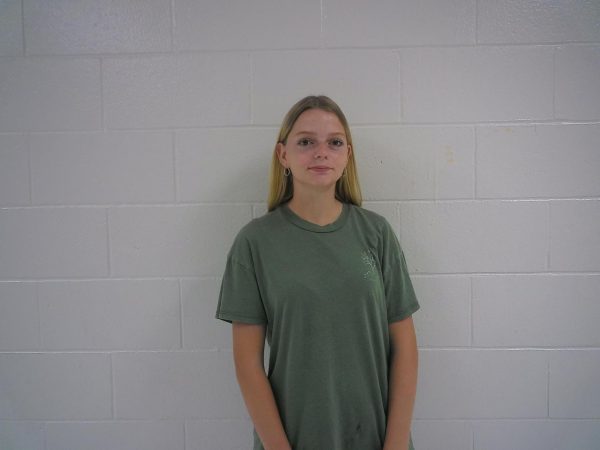The Wheeling Park Speech and Debate Team is renowned for holding its title as State Champions for the past 44 consecutive years, but one side of this team often feels overlooked by outsiders.
Both the Speech and Debate teams respectively exhibit talent and dedication through the season, and most importantly in the annual State Tournament. However, it appears that a big portion of the congratulations is given to the former rather than the latter, for reasons unbeknownst to those on either team.
So, for the sake of the article, the main focus will be: The Wheeling Park Debate Team.
To start off, let us learn about the processes of debate and what each event includes. Just like speech, every debate event has its uniqueness, in which members of the debate team participate. Similar to how prose isn’t the same as poetry, Lincoln-Douglas isn’t the same as public forum.
Coach Kayla Nelson has been the head coach of the debate team for six years and has been an extraordinary help in shaping the members of the debate team and how they debate. Nelson went into detail about each event and elaborated on the differences between each one.
“LD, or Lincoln-Douglas, is a one vs. one debate where debaters argue for or against a resolution. It is a values debate and students use philosophy to prove their point. LD is a debate about how things should be, not necessarily about what they ought to be. LD’ers research the topic as well as philosophical schools of thought in order to provide a framework for how their side wins the debate,” said Nelson.
Vice President of Debate Arie Friend said, “It’s hard to place in my division of debate specifically because of the difference in debating styles between our school and other schools. Most schools prefer to focus on having more statistics. However, our school prefers to focus on the framework and the values of the round such as fairness or security. My division, Lincoln Douglas, is considered a philosophy-based debate; however as the years progress, it has begun to stray away from that focus.”
“PF, or public forum, is a two-person team debate. Like LD, the team argues for or against a resolution. PF resolution topics tend to be about current issues either in the United States or abroad. Students spend weeks researching and preparing cases. They also revise after tournaments and debate at practices in order to improve.” said Nelson.
Senior Katelyn Smith said, “I joined the debate team last year, and the late start definitely affected how I approached debate, but personally Public Forum is very intense. I think the nature of the debate never changes it will always be intense, you’re always going to be getting yelled at, you’re always going to be answering or firing questions, so I think naturally it’s really hard to keep up with, and you kind of have to adapt to a mindset of always being on the go.”
“Congress is basically like it sounds. Students act as Congress delegates. They are provided a docket or list of legislation that they will debate. Students often write the legislation and show their interest in different topics that mean something to them. Students prepare speeches supporting the legislation and its passage. If they are against the legislation and do not feel that it would help the American people, they will negate and deliver a speech on the harm that its passage could cause.” said Nelson.
Junior Ava Norman said, “I think the difficulty is questioning in the rounds, and also there is a lot of social anxiety with it especially because there are so many people watching you at the same time. There are 3 judges, a parliamentarian, a PO (or presiding officer), and then it ranges from eight to twenty people watching you at the same time and you have to give a good speech and also make a funny hook.”
“SPAR, or Extemporaneous Debate, is a one vs. one debate. Students are given 15 minutes to prepare for the debate. Each student strikes one of three resolutions, with the one left being what they will debate. This format is fast, and they are judged more based on logical reasoning than on the evidence they provide.” said Nelson.
SPAR and Congress Squad Leader Cameron Fullerton said, “I think it is difficult because you can never really be truly prepared. Of course, you practice a bunch, but when you get to the tournament, it’s going to be a new random topic that you probably don’t know about. The other issue is the time limit; you only have 15 minutes to research and write a speech, so if you truly don’t know anything about the topic, it can be scary.”
Starting out in debate is far from a walk in the park, but the current 2024-2025 novices make it seem so. Using the advice given by their coaches and teammates, they have made waves in the competition this year and are nothing short of fantastically impressive. Taking sophomores Miriam Halicki and Clara Demasi as examples, both have performed extremely well this season in their events of SPAR and the Lincoln-Douglas debate– which their performance they credit partly to feedback and revisions of teammates and coaches.
Sophomore Miram Halicki shared how starting with debate presented many challenges and struggles, but as time progressed, she continued to learn and improve.
“I found that the formula or ‘gimmick’ to learning how to be a better debater is relatively simple, with the majority of Lincoln Douglas– my division– being very dependent on my self-written case with positive feedback from my peers making me feel more comfortable with my cases and by extension, my own capabilities of defending those cases,” said Halicki.
“It was really hard starting in debate simply because I was so nervous about being around new people and having to debate other people. My confidence grew because of all the supportive people on the team. Debate is definitely more fun than I had anticipated,” said Demasi.
What all of these debaters have in common is that they all show exemplary leadership, public speaking skills, academic prowess, and many other useful talents. Despite that, they all admit that debate is truly challenging. But why?
The 24-25 President of Debate, senior Kenzie Kret, said, “There are so many different facets of debate that make it challenging. We have strong cases, nuance arguments, and the ability to write and research new information mid round. We often have 20 pages of statistics going into a debate. While doing all of this, we must also speak well and clearly and sound convincing.”
“Debate requires many components including persuasive extemporaneous speaking, credible evidence, and well-written cases,” said Friend.
Public Forum Squad Leader Morgan Graski said, “I believe debate is so challenging because you have to combine your speaking abilities with the ability argue in the moment, and not everything is prepared before the round begins”
’23 alumni Natalie Archer said, “One of the main challenges of debate was managing my time effectively. In order to be successful, you have to dedicate a lot of time practicing and perfecting your cases. I overcame this by using my class and practice time to its full extent, as well as the amazing help and guidance from all of the coaches.”
“Some challenges were long hours and heartbreaking tournament results. I can recall spending close to 50 hours working on a stat sheet my Sophomore year to finish 1-4 at a tournament. It was a hard lesson in working smarter, not harder. Often, it is the arguments you make with data, not the data itself that makes a good debater,” said ’22 alumni Charlie Ihlenfeld.
Overall, the Wheeling Park Debate team shows great performance, along with teamwork and community throughout the season. This not only aids in the development of the team, but more specifically, the environment of the team.
’21 alumni Tony Meisel said, “The debate environment is uniquely suited to this type of learning and exploration. I personally have never had an environment or group of people since that was so interested in ideas and discourse. So I guess I would say to make the most of that opportunity.”
The best way to sum up all this advice is to use Charlie Ihlenfeld’s words concerning the Debate Team.
“I would advise future debaters to cherish this as much as possible. It will be over before you know, and there is simply nothing like the Wheeling Park Debate Team,” said Ihlenfeld.

